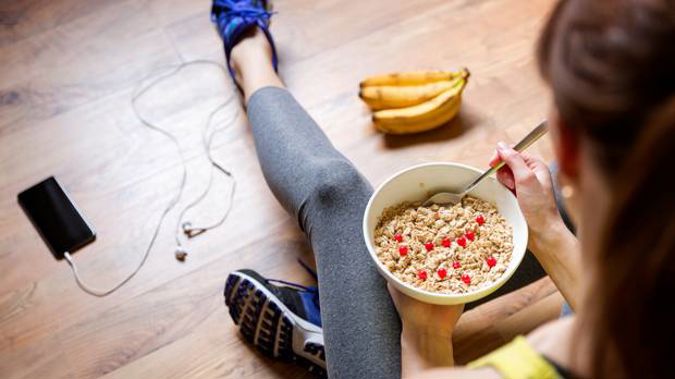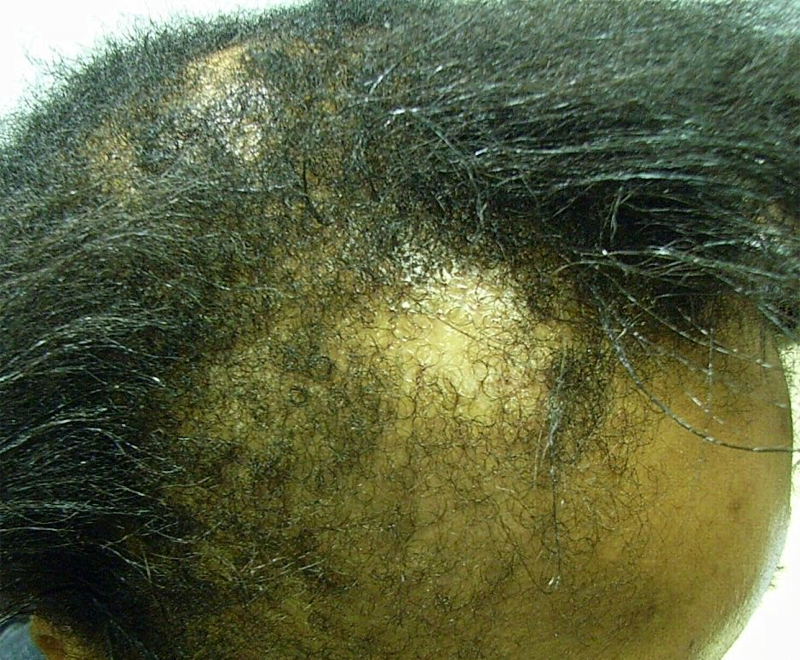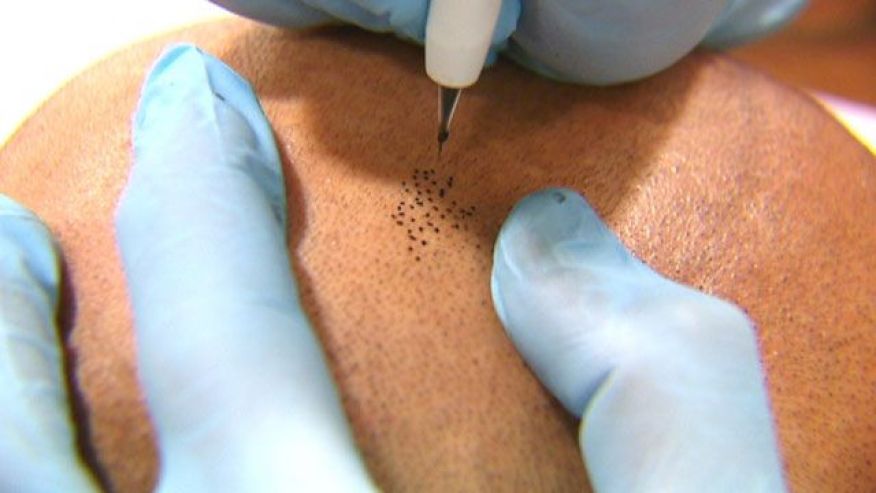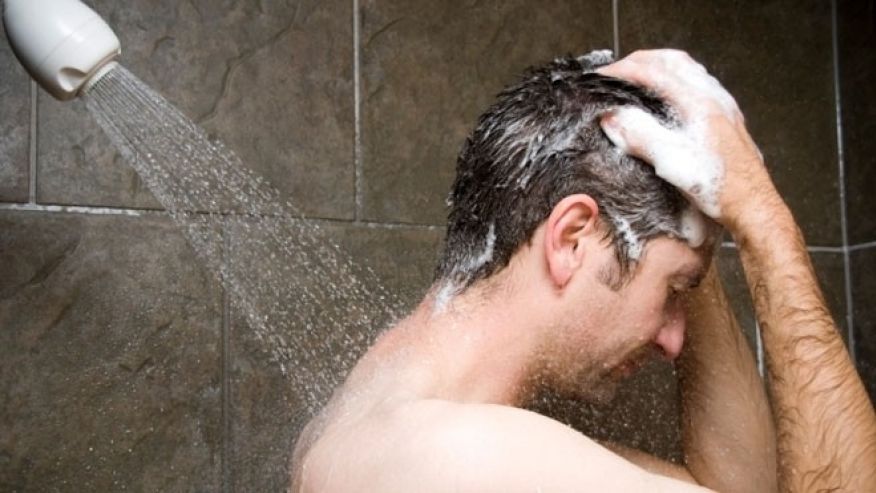
At this time of year, lots of us get all fired up and embark on new exercise regimes. New gym memberships spike; the streets are full of new runners and walkers, and we have visions of ourselves a few months down the track: fitter, slimmer versions of who we are now.
Aiming to move our bodies more and improve fitness is great. The benefits of exercise are well documented; exercise can lower our risk for many diseases and can positively affect everything from our gut bacteria to our sleep to our mental health. Moving is amazing for our health, and the more we do – and the more varied types of movement we can do – the better.
It’s even more important as we age. We lose muscle mass and, typically, gain body fat over time, so keeping moving as we get older, and especially with resistance-type exercise, is super important if we want to stay strong and control our weight better in middle age.
But it’s in the area of weight where we can over-estimate how much benefit exercise is going to have. We know the basic ‘energy in vs. energy out’ theory (although it’s a bit more complex than that) but we tend to believe that if we just add in a few workouts, we’ll lose weight.
This view is reinforced by Biggest Loser-style TV shows, which appear to show contestants training like maniacs but hardly touch on what they’re eating. And we see it in magazines and social media with workouts and exercise plans promoted with incredible before and after shots, suggesting whatever gut-busting workout being sold (and it’s almost always being sold) is responsible for the dramatic makeover.
/arc-anglerfish-syd-prod-nzme.s3.amazonaws.com/public/7AS4QOJJV5BVHD4VWKCSCG27EI.jpg)
In reality, what science shows is that losing weight is highly unlikely to come from exercise alone. It’s mostly due to what goes in, rather than what we sweat out. You’ll see various figures tossed about: it’s 80 per cent diet and 20 per cent exercise, or 75/25. Whatever the numbers, it’s worth fixing in our minds that weight loss is mostly about food.
That’s partly because of the way our bodies work. Most of the energy we expend – around 60 to 80 per cent – is just from being alive; what’s called our basal metabolic rate. About 10 per cent of our energy is spent on digesting food. So activity, including formal exercise, can only really account for 10 to 30 per cent of energy expenditure; we’re never going to ‘burn off’ an excess of what we take in if we’re not eating well.
/arc-anglerfish-syd-prod-nzme.s3.amazonaws.com/public/SZMP46NNUJEUXLPFAZXF3I45VM.jpg)
Some psychological things happen when we exercise, too. We tend to be pretty bad at estimating how much we’re eating, and pretty good at underestimating it. We forget extras we might add in: the coffee, the muffin, the smoothie; the wine.
It’s a bit like spending. It’s pretty easy to forget the little extras we pop on the credit card – $20 here, $10 there – but those charges can add up to a surprise when we get the statement at the end of the month.
Sometimes when we exercise we overcompensate, too. We might reward ourselves for a good workout with a little treat – I deserve this bliss ball, dammit, I went to the gym today! And exercise can make us feel hungrier sometimes, so we might eat more. Any of these things can easily undo any weight loss benefit we might have had from the exercise.
That doesn’t mean we should abandon working out. As we know, exercise is super good for body and mind, and offers us a huge range of health gains. It’s been said that if the benefits conferred by regular exercise could be put into a pill, it would be a wonder drug, preventing millions of deaths. So, we really need to keep moving. Think of exercise as a health essential; part of the ‘health gain’ plan I talked about a couple of weeks ago.
If weight loss is a goal though, the answer might be as simple as borrowing from the budgeting experts: keeping an eye on those little food ‘expenditures’ – the extras we don’t need that we eat and drink habitually. We know hardcore diets don’t work, long term, but changing everyday habits can. Ditch the sweet treat you always have with your coffee. Think about whether you really need a snack after a workout, or can you wait for the next meal? Choose water instead of a sports drink or juice to rehydrate. Skip the pre-dinner wine and nibbles during the week.
Small changes, over time, can add up to significant gains. It’s true for exercise – we will get fitter and stronger and healthier – and it goes double (or triple) for food.
[“source=newstalkzb”]





















